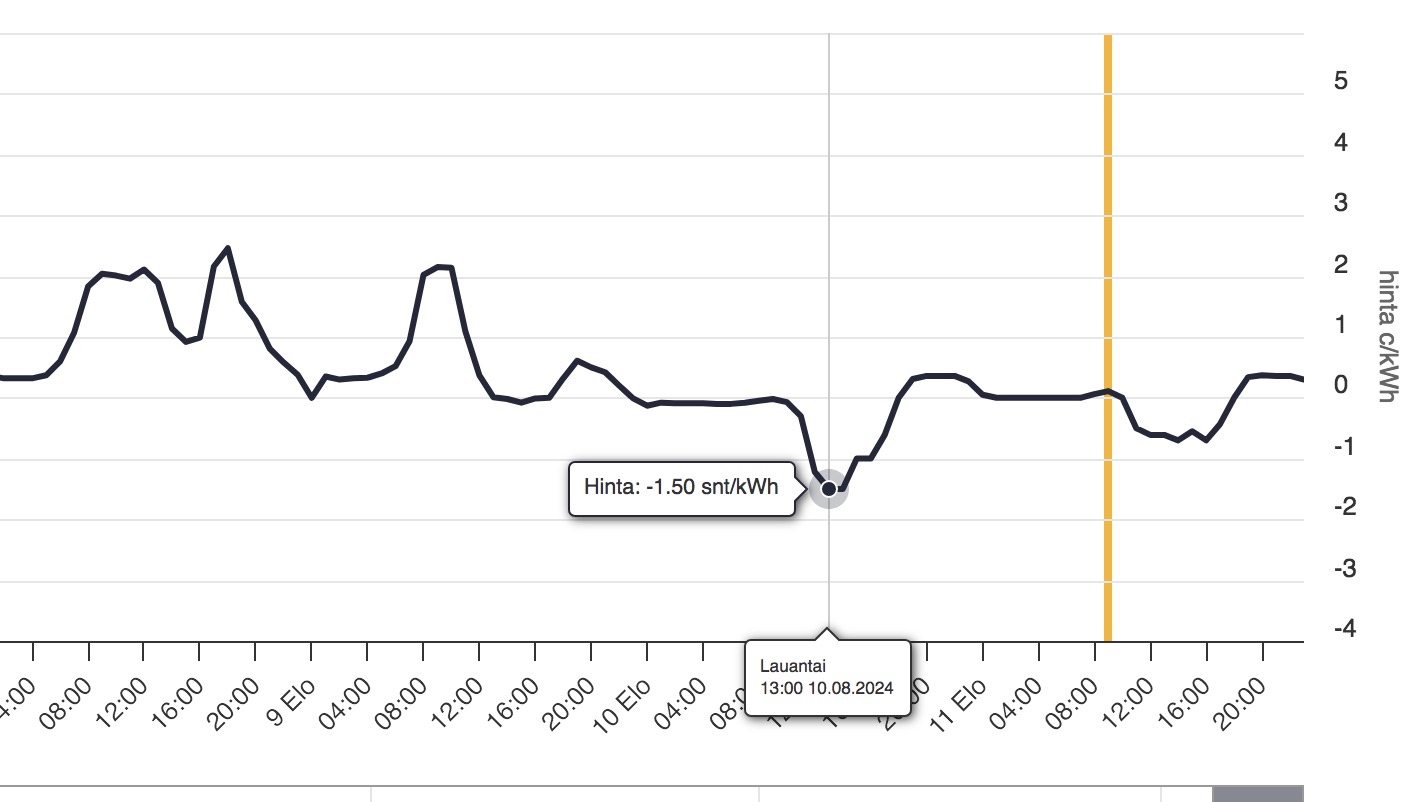this post was submitted on 11 Aug 2024
847 points (99.1% liked)
Mildly Interesting
21702 readers
930 users here now
This is for strictly mildly interesting material. If it's too interesting, it doesn't belong. If it's not interesting, it doesn't belong.
This is obviously an objective criteria, so the mods are always right. Or maybe mildly right? Ahh.. what do we know?
Just post some stuff and don't spam.
founded 2 years ago
MODERATORS
you are viewing a single comment's thread
view the rest of the comments
view the rest of the comments

A negative price is absurd and has no physical reality, it is the result of speculation and abstract rules not grounded on reality. It always costs to build and operate whatever power source and networks were involved, you don't have to pay electricity to f*ck off if you produce too much of it.
The issue is baseload generation like nuclear: we can't switch it on and off quickly; we can't ramp it up or down fast enough to match actual demand. There are times where we have to keep it online during a surplus, when we know that surplus will drop off and leave us with a shortage.
Combine that with variations between forecasted and actual weather conditions affecting solar and wind production, and yes, we will occasionally have surplus power to deal with.
The long-term solution is better demand shaping methods, to make use of any amount of power in excess of normal consumption. But until we have the ability to switch on loads and suck up such excesses, we are going to have this problem from time to time.
No, it does have a reality. The problem is that an electricity grid can collapse, due to too much electricity. However some power plants can not be easily shut down. Nuclear for example can be throttled to about 50%, but shutting it down requires a restart, which takes a day. So loosing a little money for a few hours can be cheaper then a full shut down. There are other effects, like district heating power plants, which are needed to provide heat, hydro power, which has too much water in the reservoir and waste power plants, which have to burn the waste at some point.
Then you got to keep in mind that Finland is fairly is a country with a small population, which is rather isolated. They cut the power lines to Russia and Sweden and the Baltic countries are also low population and especially Sweden also has a lot of low carbon electricity. So export is not an easy option.
Sure, but if there is too much electricity on the net, things will start to break. That electricity has to go somewhere. No one wants to buy electricity because everyone is trying to get rid of their surplus.
About the negative, I don't know.
It's not any different than most physical goods. Whatever you can't sell before it goes bad, you have to pay someone to take off your hands using real resources (dumpsters, trucks, human labor).
Too much electricity in the system is harmful, and if nobody wants to buy it, then you have to pay someone to take it out of the system.